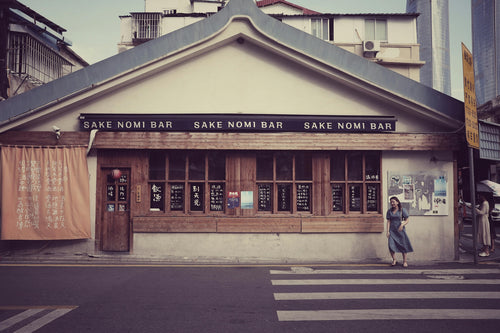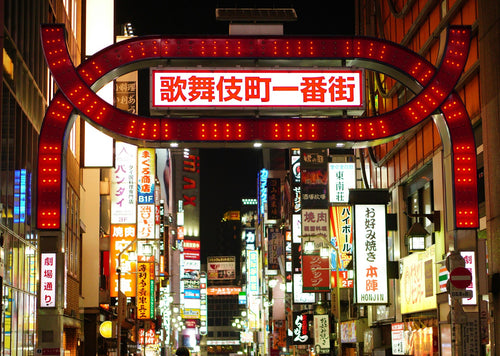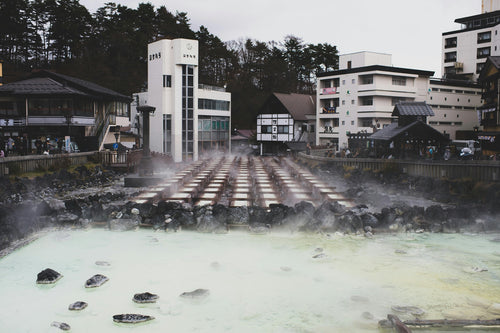
Safety Guide for Traveling in Japan
Japan is known for being one of the safest countries in the world, making it a popular destination for travelers seeking a worry-free experience. However, like any trip, it’s important to stay informed about potential risks and take basic precautions to ensure a smooth and enjoyable journey. This guide covers essential tips for staying safe in Japan, from understanding local customs to preparing for natural events, and what to do in case of emergencies.
Contents
1. Overview of Safety in Japan
2. Knowing Emergency Numbers and Resources
3. Cultural Awareness and Etiquette
4. Preparing for Natural Disasters
6. Health Precautions and Medical Facilities
1. Overview of Safety in Japan
Japan is widely regarded as a very safe country, with low rates of violent crime and theft. The country’s strong culture of respect, strict laws, and organized public services contribute to a secure environment for locals and travelers alike. Nonetheless, it’s always wise to stay vigilant, particularly in busy urban areas where petty theft can occur, and to be mindful of your belongings.
2. Knowing Emergency Numbers and Resources
In Japan, the emergency number for police is 110, and the number for fire or ambulance services is 119. Many major cities, including Tokyo and Kyoto, have multilingual assistance hotlines that can help travelers navigate emergency situations. Additionally, the Japan National Tourism Organization (JNTO) offers a 24-hour helpline (050-3816-2787) for visitor assistance, which is useful for various non-emergency situations.
3. Cultural Awareness and Etiquette
Being culturally aware and respecting local customs is essential in Japan. The Japanese place high value on politeness and social harmony, so be mindful of etiquette. Avoid speaking loudly in public places, respect queueing, and remember to remove your shoes when entering someone’s home or certain traditional spaces. Familiarizing yourself with basic customs not only enhances your experience but also fosters a positive interaction with locals.
4. Preparing for Natural Disasters
Japan is located in a region prone to earthquakes, tsunamis, and typhoons. When you arrive, it’s helpful to know the emergency evacuation routes in your accommodation and familiarize yourself with local emergency alerts. Consider downloading the Japan Shelter Guide or Yurekuru Call apps, which provide real-time updates and guidance in case of natural disasters. Staying informed and aware of local safety measures is essential to your safety during your visit.
5. Transportation Safety Tips
Japan’s public transportation system is efficient and secure, making it safe to use at any time of the day or night. When using public transit, keep an eye on your belongings, especially during rush hours when trains and buses are crowded. Taxis in Japan are also highly reliable, with drivers who are typically courteous and honest. If renting a car, be cautious, as driving can be challenging in cities due to narrow roads and unfamiliar traffic signs.
6. Health Precautions and Medical Facilities
Japan has high-quality healthcare, but medical expenses can be costly for travelers without insurance. It’s recommended to have travel health insurance that covers international healthcare costs. Many hospitals and clinics in larger cities offer English-speaking services. In case of minor ailments, Japan’s convenience stores and pharmacies are well-stocked with basic medications, often clearly labeled in English for ease of use.
7. Avoiding Common Scams and Tourist Traps
Scams are rare in Japan, but it’s wise to stay alert, especially in crowded tourist areas. Be cautious of anyone offering unsolicited services, and avoid overly persistent vendors in popular spots. Some bars and nightclubs in entertainment districts like Roppongi and Kabukicho may add unexpected “service charges” to bills, so check prices carefully beforehand. If unsure, seek recommendations for reputable establishments.
8. Personal Safety Tips for Solo Travelers
Japan is a popular destination for solo travelers due to its safe environment, but it’s always prudent to take personal safety precautions. Avoid isolated areas late at night, especially in unfamiliar neighborhoods. Share your travel itinerary with someone back home, and keep a local emergency contact number saved in your phone. Solo travelers can feel secure and comfortable exploring Japan with these simple precautions.
Japan is one of the safest places to visit, thanks to its organized society, low crime rates, and respectful culture. By being mindful of local customs, staying informed about emergency procedures, and preparing for natural events, you can ensure a safe and enjoyable trip. With these safety tips in mind, you’ll be ready to explore Japan confidently and make the most of your travels.
分享
You may also like
-

東京 7 家最佳日本清酒酒吧
東京擁有日本最好的清酒酒吧,為當地人和遊客提供探索日本清酒豐富風味和傳統的機會。從專門提供稀有啤酒的小型隱密酒吧到提供豐富清酒單的時尚場所,東京的清酒場景適合每個人。以下是東京七家最好的清酒酒吧的指南,每家清酒酒吧都有自己獨特的氛圍和...
-

新宿歌舞伎町夜生活指南
新宿歌舞伎町區被稱為東京的“不夜城”,是東京夜生活的中心。歌舞伎町以其霓虹燈閃爍的街道、熙熙攘攘的娛樂場所和充滿活力的活力而聞名,是尋求難忘夜晚的遊客的必遊目的地。從主題酒吧和卡拉 OK 場所到隱藏的瑰寶和熱門景點,歌舞伎町提供各種體...
-

探索日本卡拉 OK 文化:8 個最佳唱歌地點
卡拉 OK 是日本文化不可或缺的一部分,為朋友、家人甚至同事提供了一種有趣的放鬆方式。卡拉OK(意為「空管弦樂團」)起源於日本,現已發展成為適合所有年齡層和背景的全民消遣活動。日本卡拉 OK 場所以其私人房間、先進的音響系統和豐富的歌...
-

什麼是溫泉?歷史、福利和禮儀指南
溫泉是日本備受推崇的溫泉文化,它獨特地融合了放鬆、美景和根深蒂固的傳統。溫泉以其富含礦物質的治療水、寧靜的山地環境和具有重要文化意義的儀式而聞名,為遊客提供了寧靜的休憩場所,並與日本的自然景觀有著深厚的聯繫。本指南將帶您了解溫泉文化的...




